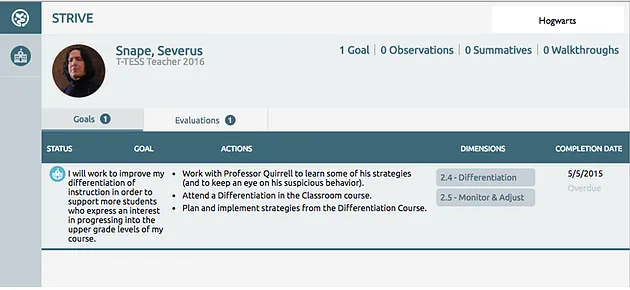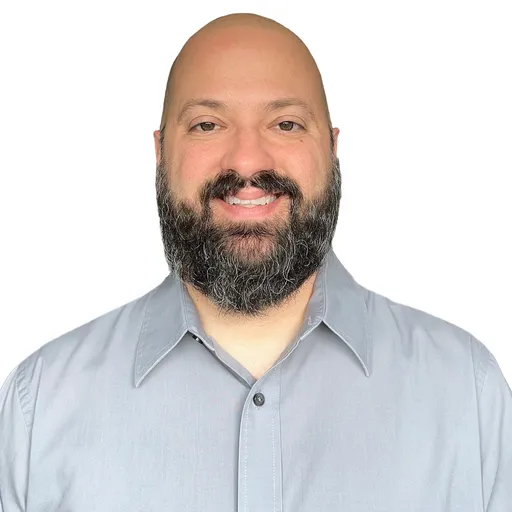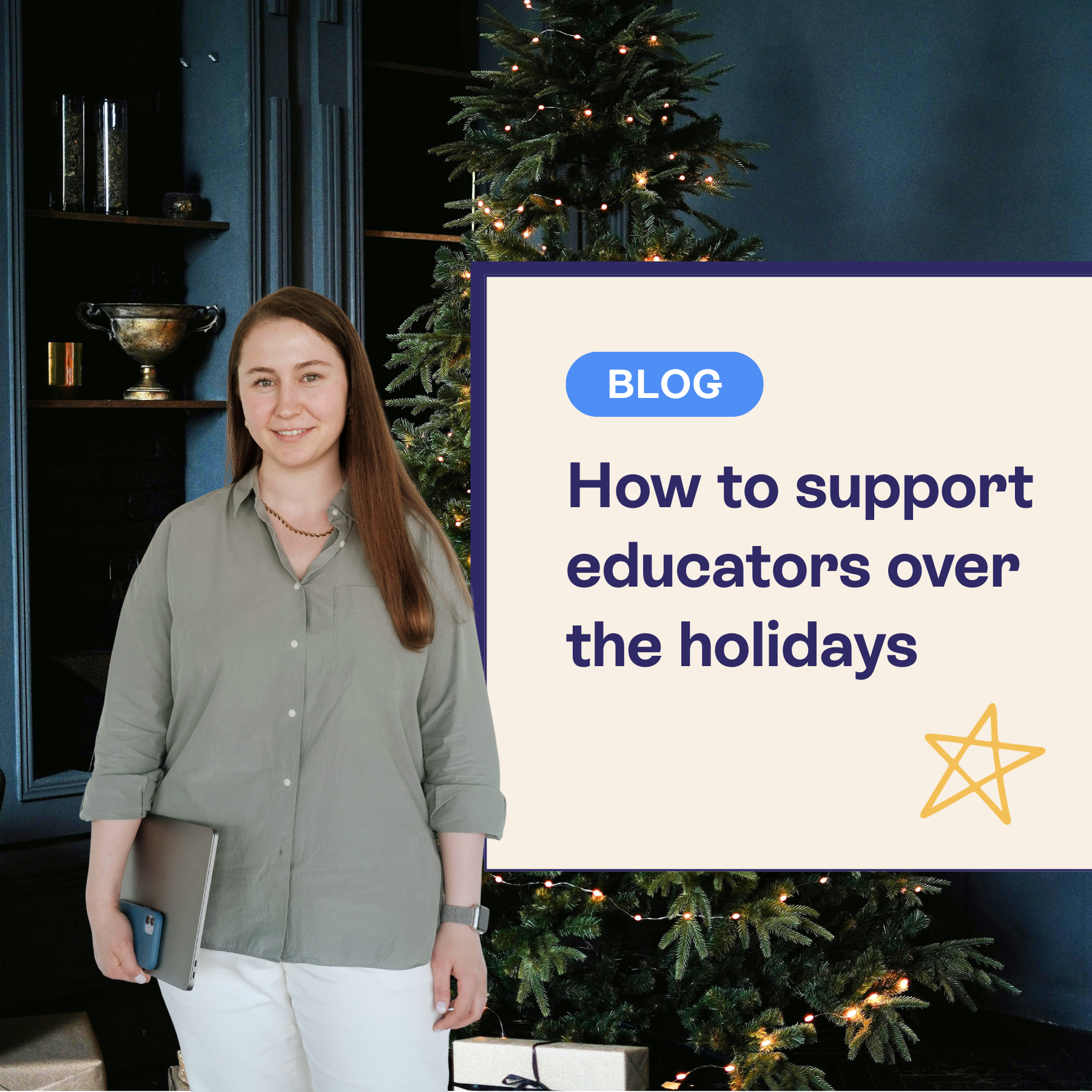A few years back I had the opportunity to work for a term as an instructional coach at a Scottish boarding school, Hogwarts School of Witchcraft and Wizardry. One of the campus initiatives that year was to have every teacher develop personalized professional learning plans. With the new Texas Teacher Evaluation and Support System (T-TESS) finishing up its first full year, and with the introduction of Strive and its focus on goal-setting and professional planning, I thought it would be relevant to share a coaching conversation I had with a Chemistry teacher where we established some goals at the start of the school year.
Me: Mr. Snape, thank you for meeting with me during your planning period. I think we can probably keep this fairly brief. I wanted to meet with you as you start your professional learning plan to discuss the process, especially focusing right now on goal setting.
Severus: ...
Me: Right, so, first, thank you for letting me attend part of your first-period class this morning. I really enjoyed your lesson. I know it’s the beginning of the school year and you’re still getting to know your students, but I always feel underprepared to work with teachers on goals if I haven’t had a chance to see them teach, even if it’s just a snapshot of a lesson. I really liked your opening line - wait I have it written down. You said, “You are here to learn the subtle science and exact art of potion-making.” That’s poetic. Then, “I can teach you how to bottle fame, brew glory, even stopper death.” You really hooked the students right from the start. You certainly got my attention. Tell me, what was the part of your lesson today that you think worked the most for your students?
Severus: While most of the students seem the usual lot of dunderheads, the potions activity we did revealed that some of the students show what might be interpreted as potential.
Me: Yes, that was a cool hands-on activity. I did notice some of the students followed along very well. You wrote some pretty technical-looking stuff on the board, and they were able to dive right in. Your content knowledge must be pretty strong.
Severus: I’m the Half-Blood Prince.
Me: Yeah, I guess I’m still going to have to learn British slang; I don’t know what that means. So, along those lines, I see in your lesson plan that the evidence of understanding for this lesson is the finished product. That seems appropriate for the students who finished the project. Something you might want to think about is what you’re going to do for the students who did not quite get the content. I noticed a few lost-looking faces on some of them; not everyone was able to complete the activity. Do you think more of them would have been successful if you were to have built in more frequent checks for understanding throughout the lesson?
Severus: Obviously.
Me: Wow. I have never heard that word enunciated so well. Ok, so let’s move on to assessment data. Part of effective goal setting for the year includes looking at prior-year assessment data to see if there are any programmatic strengths and deficits we need to be aware of. I’ve looked over your N.E.W.T. results, which I understand as college and career readiness exams, and I see that a large number of your upper-grade level students score well on these. That is great; in terms of goal setting we probably don’t need to set anything for your upper-grade level students. However, I noticed that your sixth and seventh-year classes have less students than many of the other subjects. So I looked at the O.W.L results from some of your previous fifth-year students and found that you have a higher cut score for making it into your upper-level classes.
Severus: I always hope that more students could be up to that standard. We need all the help we can get should He-Who-Must-Not-Be-Named ever return.
Me: Is that a FERPA thing? I like what you said there. “I hope,” not, “I wish.” It tells me that you’re anchored in a faith that all students can achieve at high levels. You’re hopeful. So now we just need to ask what we can do for those students who are not making it to those high levels.
Severus: It seems we have students making it to upper-grade level Defense Against the Dark Arts classes.
Me: Is that like P.E.? That’s a great point. We just got a new teacher for that class. Mr. Quirrell. If the two of you were to meet throughout the year as a PLC, maybe you could plan together and learn from each other.
Severus: That would also give me a chance to look after him.
Me: Yeah, you could show him the ropes around here.
Severus: I don’t trust him.
Me: Well then you’re definitely going to want to establish some team norms before you ever proceed to any heavy topics that might cause interpersonal friction.
Severus: …
Me: Right. Well then, thank you for your time. I have enjoyed our conversation, and I think we have some pretty good material for your goals this year. Let’s plan to revisit this again in about three weeks with your finished goals. We can then discuss what you might need from me to help you along the way, develop some milestones for evaluating progress, and figure out what types of evidence we can use to determine when you have met your plan goals.
And in the end, Severus posted his goals and action steps in Strive.





.png)

.png)